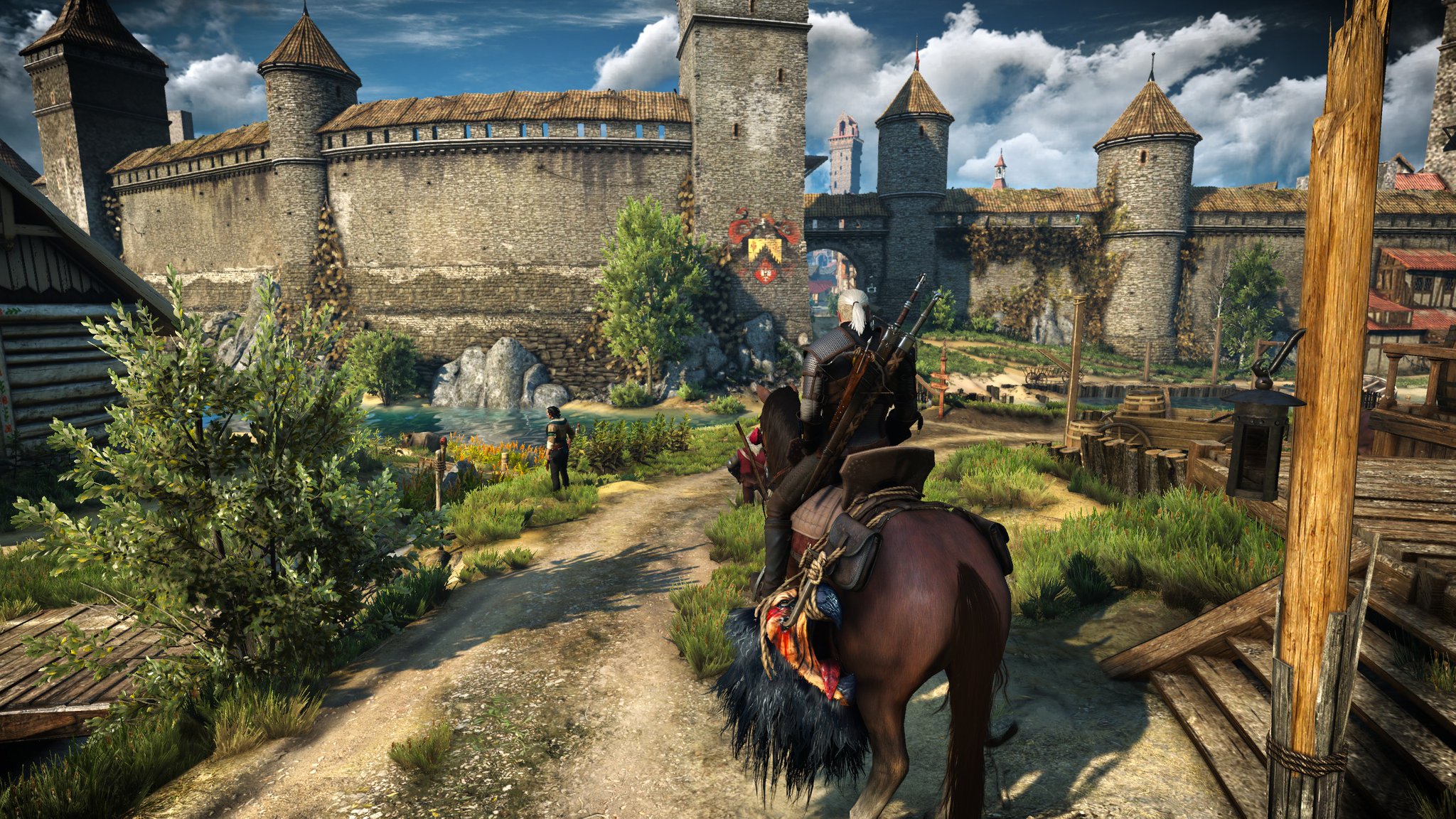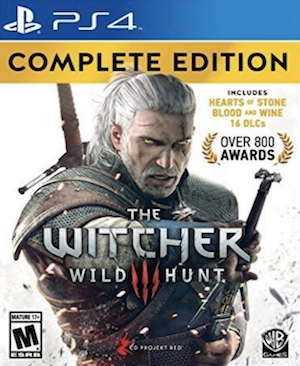Polish game developer CD Projekt RED has received a demand for additional payment of royalties for The Witcher license from Andrzej Sapkowski, the author of the original polish books the games are based on. According to Sapkowski, though CD Projekt RED have made payments, they’re not fulfilling the terms of their initial contract, which demanded a 6 % payment of all profits accrued from the sales of games based on The Witcher license.
Sapkowski’s representatives are thus demanding a sum of “at least” 60 million PLN – which amounts to roughly $16 million – based on the estimate of profits of 1 billion PLN as of the end of 2017 from CDPR’s The Witcher games (and expansions).
CD Projekt RED has, of course, released a statement of its own, claiming that they have made all the payments they were required to make as per their contract, and have called these newest demands “groundless”.
“In the Company’s opinion the demands expressed in the notice are groundless with regard to their merit as well as the stipulated amount,” their statement reads. “The Company had legitimately and legally acquired copyright to Mr. Andrzej Sapkowski’s work, i.a. insofar as is required for its use in games developed by the Company. All liabilities payable by the Company in association therewith have been properly discharged.”
The Polish studio, however, also states that it wants to “maintain good relations with authors of works which have inspired CD PROJEKT RED’s own creations”, and that as such, they will “go to great lengths to ensure amicable resolution of this dispute”. “However, any such resolution must be respectful of previously expressed intents of both parties, as well as existing contracts,” they add.
What’s interesting is that Sapkowski’s representatives are even claiming that when CD Projekt RED acquired The Witcher license, they only did so for one single game, and that all following games were not part of the agreement. Even though Sapkowski does not intend to take action based on that, based on his demand letter to CDPR, his representatives still call the studio’s actions “unlawful”.
“We would also be remiss to fail to notice that basing our claims on the aforementioned legal grounds is rather advantageous for your company,” the demand letter reads. “Careful reading of your contracts concluded with the Author might lead one to conclude that, if the company did effectively acquire any copyright at all, it concerned only the first in a series of games, and therefore distribution of all other games, including their expansions, add-ons etc., is, simply speaking, unlawful. Naturally, we do not intend to engage in a debate with you on this point.”
Apparently, the letter also states that Sapkowski wants to settle matters amicably and is looking for compensation. He stated that considering that the alleged non-payment of contractual royalties, as well as the alleged invalidity of CD Projekt RED’s license following the first game in the series, he was aware that making this matter public would harm CDPR and their stock, which he, apparently, did not want happening.
“Both we and you are, after all, fully aware of the fact that even going public with a copyright claim may negatively impact the Group’s reputation and further growth,” the demand letter reads. “This is particularly true if the claim concerns your core activity and your most important product… We can reasonably expect that the negative consequences of the fact that Mr. Sapkowski has not received his due compensation, and furthermore, that the validity of your copyright contracts has been called into question, may translate into a decrease in stock prices significant enough to exceed the demands formulated in this notice. This is why, as of now, we have not publicized the fact that we had undertaken the matter in question, and, naturally, the type and extent of the claims themselves. We believe and assume that you will appreciate this circumstance and that it will help us conclude the matter in a short time.”
CD Projekt RED, of course, have gone ahead and made this public themselves, with a statement (aforementioned) of their own. It should be interesting to see how this develops. Stay tuned to GamingBolt, we will keep you updated.
















